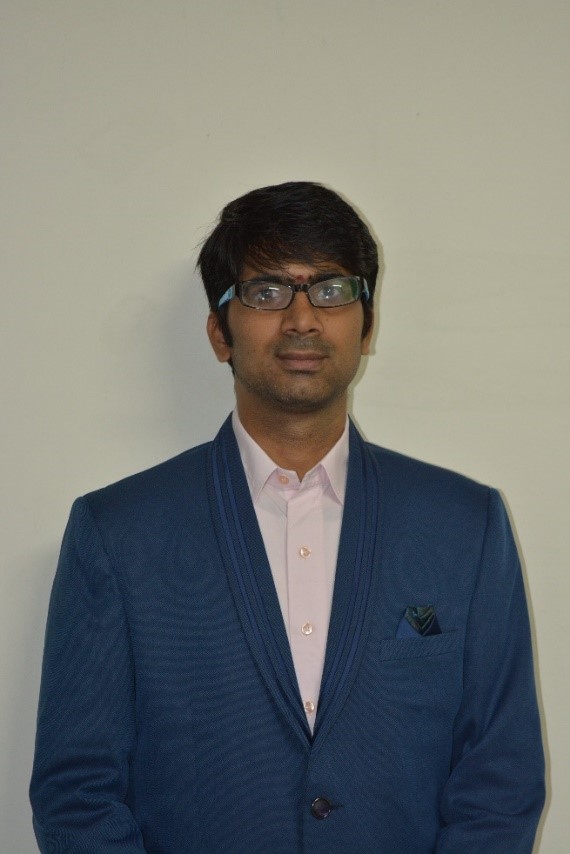Joint Seminar of the IEEE Tallahassee PES Chapter and FCAAP
Presenter: Shanti Swaroop Kandala, Ph.D., Postdoctoral Associate at the University of Calgary
Time: 3:00 – 4:00 PM, Wednesday, December 1, 2021
Location: AME Seminar Room 106, 2003 Levy Ave, Tallahassee, FL 32310
Refreshments will be served
Abstract
The dynamics of time-delayed systems (TDS) are governed by delay differential equations (DDEs), which are infinite-dimensional and pose computational challenges. The Galerkin approximation method is one of several techniques to obtain the spectrum of DDEs for stability and stabilization studies. In the literature, Galerkin approximations for DDEs have primarily dealt with second-order TDS (second-order Galerkin method), and the formulations have resulted in spurious roots, i.e., roots that are not among the characteristic roots of the DDE. Although these spurious roots do not affect stability studies, they nevertheless add to the complexity and computation time for control and reduced-order modeling studies of DDEs. A refined mathematical model, called the first-order Galerkin method, is proposed to avoid spurious roots, and the subtle differences between the two formulations (second-order and first-order Galerkin methods) are highlighted.
For embedding the boundary conditions in the first-order Galerkin method, a new pseudoinverse-based technique is developed. This method not only gives the exact location of the rightmost root but also, on average, has a higher number of converged roots when compared to the existing Pseudospectral Differencing (PSD) method. The proposed method is combined with an optimization framework to develop a pole-placement technique for DDEs to design closed-loop feedback gains that stabilize TDS. A rotary inverted pendulum system apparatus with inherent sensing delays as well as deliberately introduced time delays are used to experimentally validate the Galerkin approximation-based optimization framework for the pole placement of DDEs.
Brief Bio of Dr. Shanti Swaroop Kandala
Shanti Swaroop Kandala received a Ph.D. degree in Mechanical and Aerospace Engineering from the Indian Institute of Technology Hyderabad, in 2020. He has been a postdoctoral associate at the University of Calgary since January 2020. His research interests include modeling, analysis, and control of dynamical systems, optimization, biomechanics, robotics, cyber-physical systems, data-driven modeling, and geothermal energy.

Shanti Swaroop Kandala, PhD